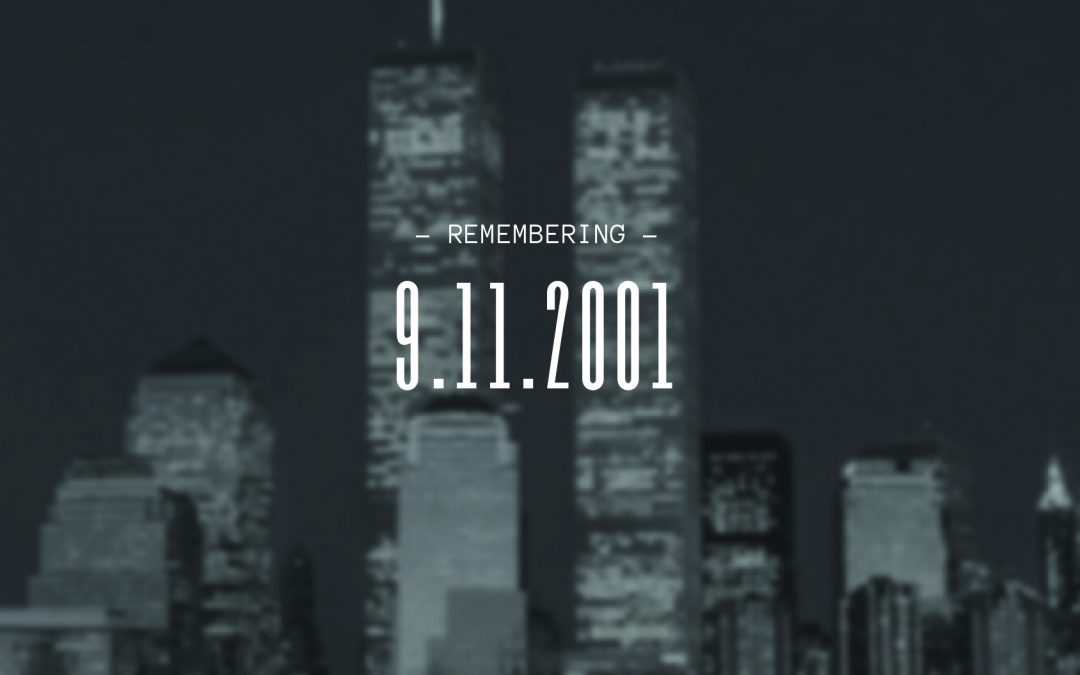
To say American lives changed after the devastating events of 9/11 is an understatement. Not only did Airline Security drastically change, but so did National security, hospital security, academic security and everyday life security. But what was not expected was the response of the next generation who did not experience 9/11, but have only experienced the responses and policies that followed it.
According to The Atlantic, the United States has spent $1 trillion since 9/11 to defend against al-Qaeda and ISIS. Michael P.C. Smith, a TSA historian said, “The hiring, training and deployment of nearly 60,000 employees for the agency marked the largest mobilization of the federal government since WWII.”
After 9/11 the TSA implemented explosive detection systems and full-body scanners to help tighten up airport security. Prior to 9/11 airports allowed blades up to 4 inches long, baseball bats, box cutters, darts, knitting needles and scissors on passengers carry on’s. All of these items are now banned on flights, along with almost all liquids, due to an attempt in 2006 of liquid explosives.
As much as we want to feel safe, complete American freedom has been the price of tougher security. Security Degree Hub stated it best, “The freedoms once enjoyed and identified as unique to Americans were stolen on the day the Towers fell.” The Homeland Security Act and USA Patriot Act allowed all agencies to be given federal authority to act as one entity to insure the safety and security of the United States. Private conversations and records are no longer private. Everything from someone’s ethnic origin to their favorite food is now a resource and taken into consideration when investigating into security threats.
For the Millennial generation and the generations before, less privacy doesn’t upset them, because it is a reassurance of safety. People who experienced the Great Depression tend to be very thrifty, people who experienced Vietnam and the Nixon era tend to question authority, but Americans who experienced 9/11 and the start of AMBER alerts tend to be over protective. For Generation Z, 9/11 is known as an historic event. As of 2016, teachers began teaching 9/11 as a historic event to their students. Neil Howe suggests that Generation Z be called the “Homeland Generation”. Generation Z entered into a world surrounded by fear and since then has been influenced by previous generations who want to create a safer world.
Generation Z’s view of security is different than the generations before them. What is embraced as safety to previous generations has been embraced as control by Generation Z. There have been multiple situations of kids from Generation Z making bomb jokes on social media aimed towards airline companies. Is this due to the freedom they feel they have on social media, or is it due to the lack of impact they missed from not experiencing 9/11. Regardless, of the reasoning we have already begun to see the results of Generations Z’s response to the lack of privacy the attempts to make our country safer has brought.
Stricter airline policies, lack of online privacy, tough national security presence and a desire for a safer America will never change regardless of the changes Generation Z wants to see happen. The impact that 9/11 made on America’s security systems is still influencing policies today. No one knows what the future holds, but those 3,000 souls lost on September 11, 2001 will be remembered for the rest of American history.
By: Christa Vandenburgh

